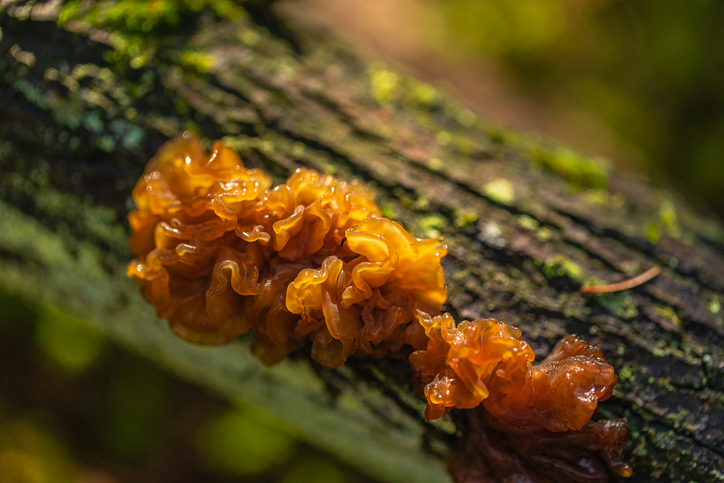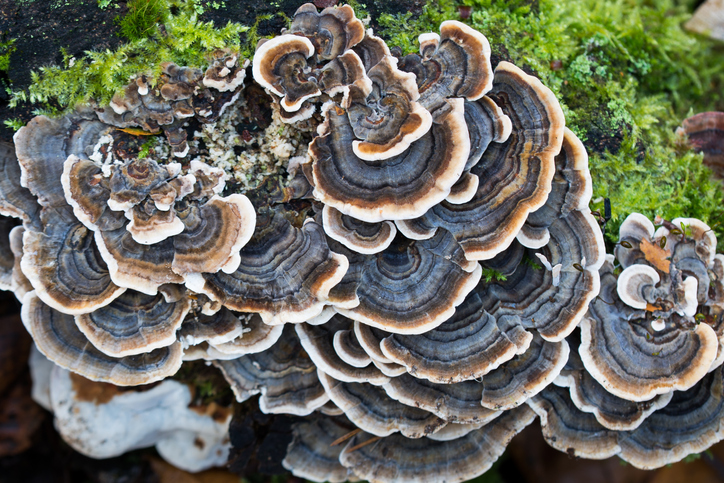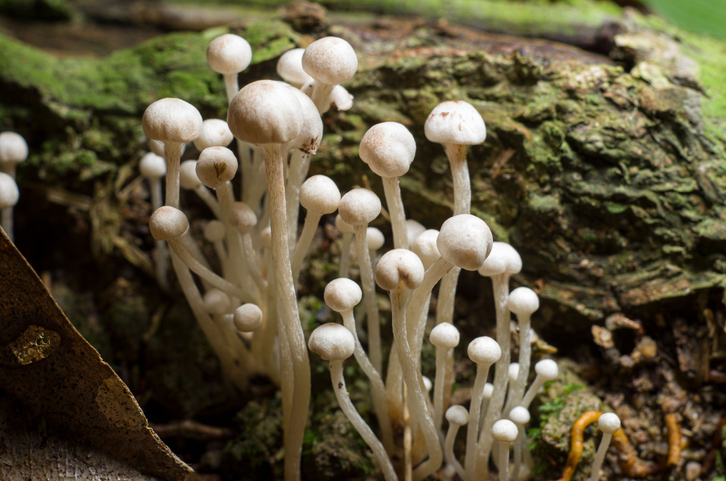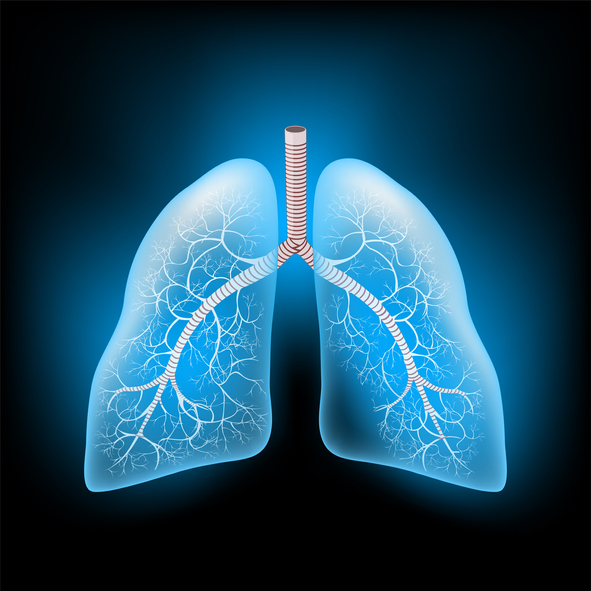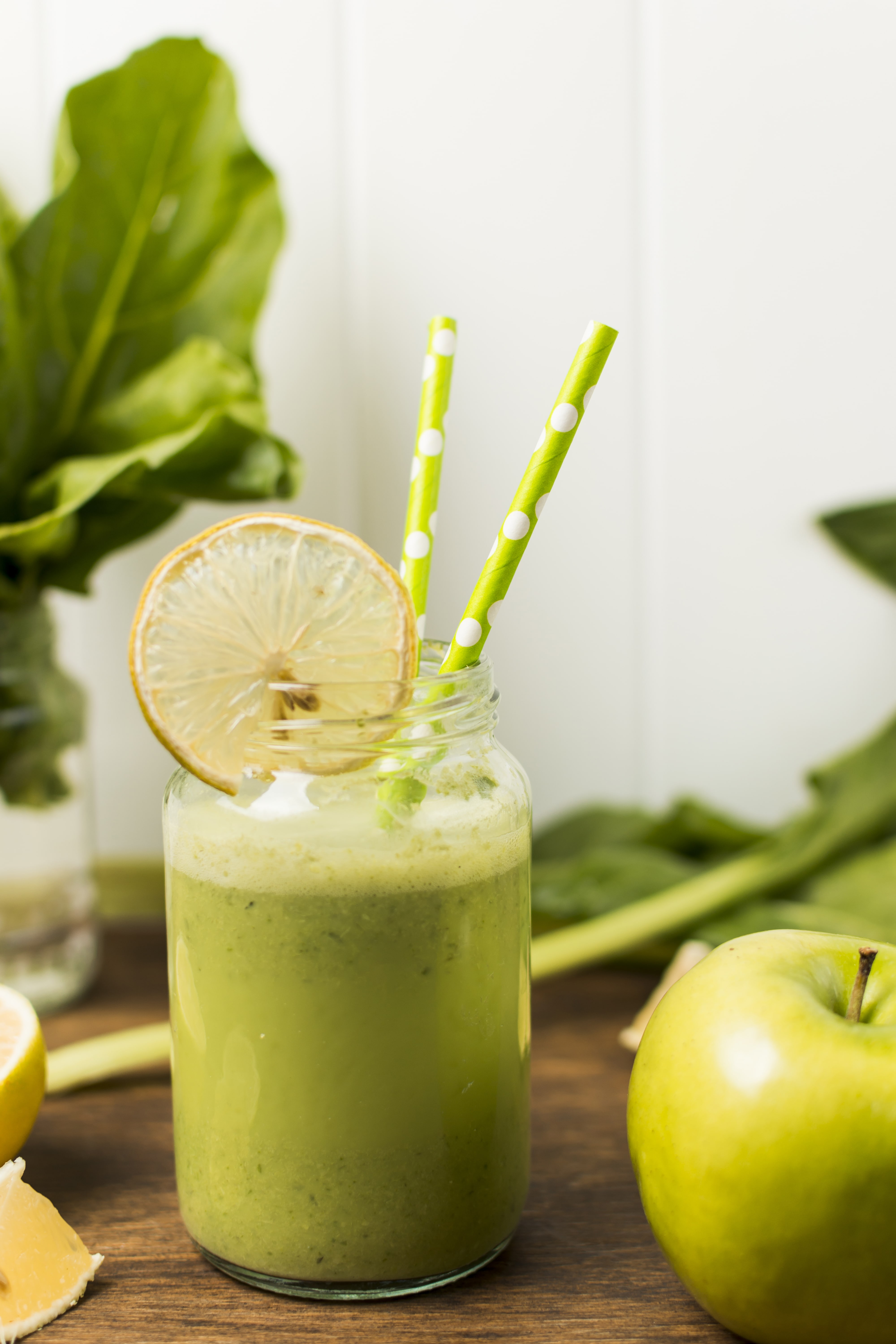We use cookies to make your experience better. To comply with the new e-Privacy directive, we need to ask for your consent to set the cookies. Learn more.
Mushrooms
Medicinal Mushrooms: Natural Miracles for a Healthy Body
Welcome to Good Nature Vibe, the place to discover high-quality medicinal mushrooms. In our assortment, you will find a wide range of mushrooms with exceptional medicinal properties that have been used for centuries in traditional Chinese medicine.
The Secrets of Medicinal Mushrooms Unveiled
Fascinatingly, medicinal mushrooms have been an integral part of Chinese and Japanese culture for thousands of years. They are valued for their unique ability to boost the immune system, reduce allergies and even support the healthy bacteria in our bodies. Unfortunately, these medicinal treasures from nature are still relatively unknown in the Western world.
Powerful Nutrients Packed into Mycotherapy
Did you know that mushrooms are rich in minerals, amino acids and B vitamins? They can even grow like plants by converting sunlight into nutrients. Our 100% pure medicinal mushroom powders contain a variety of ingredients grown with care to ensure their optimal potency.
The Versatility of Medicinal Mushrooms
One of the striking features of medicinal mushrooms is that they offer a variety of effects and health benefits. From strengthening the immune system to preventing allergies and supporting overall health, each mushroom has its unique power. Discover the diverse workings of medicinal mushrooms and find the perfect addition to your health routine.
The History and Science Behind Medicinal Mushrooms
Did you know that many modern medicines have their origins in mushrooms? Research has shown that mushrooms possess antibiotic properties and were used in the past by our ancestors to treat various diseases. From penicillin to cholesterol drugs and even chemotherapy drugs, nature has given us a wealth of health-promoting substances.
Explaining the spores of a mushroom
Mushrooms are the fruits, or fruiting bodies, of fungi. You rarely see the fungal spores; they are in the ground, on dead or living wood, or on dead leaves. Mushrooms reproduce through the spores that are formed (usually) inside the fruiting body and are located between the plates (lamellae). Thus, spores are actually the seeds of a mushroom. By grinding or cracking the hard exterior of the fruiting body, which consists of chitin, with ultrasound or at low temperature, only the spores of the mushroom can be used. In fact, these spores contain three times more triterpenes than if only the fruiting body is used.
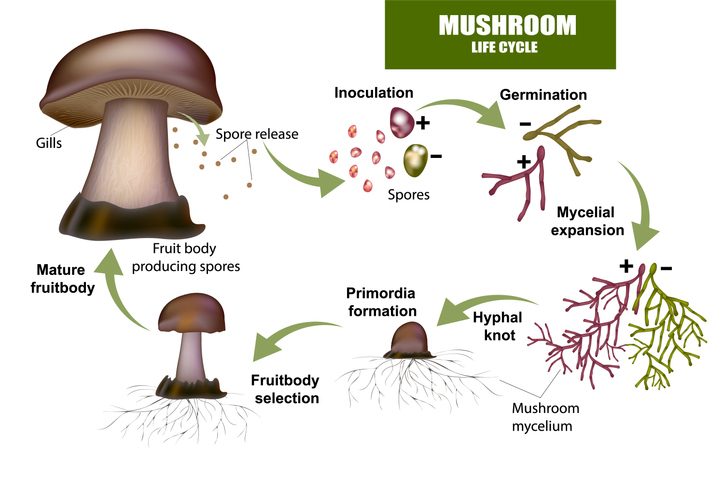
Mycelium and the mushroom
Fungi are eukaryotic organisms - this means they have a distinct cell nucleus and other specialized structures. Fungi have cell walls of chitin, a polysaccharide similar to cellulose in plants. The large surface area of the mycelium gives fungi an advantage over bacteria because they have access to larger amounts of nutrients and water. Mycelium has been used for many years as a soil conditioner because it helps keep soil healthy, provides insulation and a barrier against pests and diseases, improves aeration and increases water infiltration.
Psilocybin mushrooms (toadstools).
Psilocybin mushrooms or "shrooms" are a unique form of mushrooms. These mushrooms have an effect on consciousness and are hallucinogenic. The mushrooms are usually used for recreational purposes, as smart drugs or as herbal medicines.
Psilocybin is a psychedelic compound found in more than 200 mushroom species. Anecdotal evidence and scientific articles suggest that psilocybin can improve mental health, enhance spiritual experiences and relieve symptoms of depression, anxiety, post-traumatic stress disorder (PTSD), addiction and cluster headaches.
Click here to go to the smartshop and buy psilocybin truffles and or mushroom grow kits.
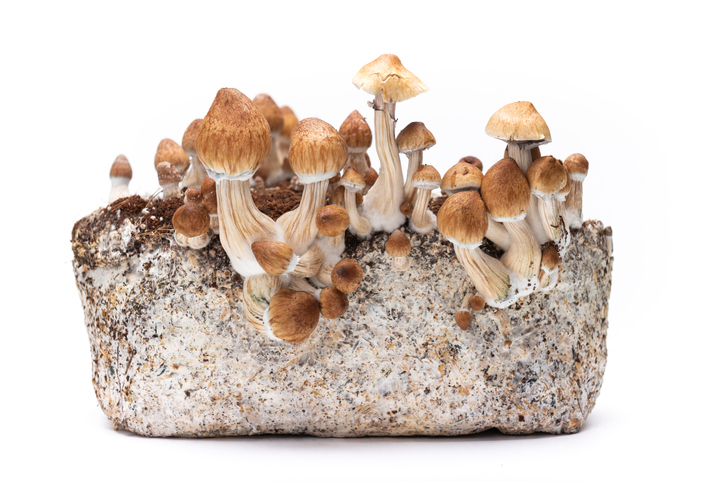
Medicinal mushrooms
The Netherlands is known not only for mushrooms with culinary applications, but also for mushrooms with medicinal properties. The beautiful fairy bank(Coriolus versicolor) and the oyster mushroom(Pleurotus ostreatus) are perhaps two of the most recognizable species. However, there are more species of mushrooms with medicinal properties, such as the wig mushroom(lions mane) and the ink mushroom(Coprinus comatus).
Different effects of medicinal mushrooms
There are several types of medicinal mushrooms. Each has its own unique effects and works to treat specific conditions or symptoms. Many medicinal mushrooms have antibiotic or antiviral properties, but the others may be more helpful in supporting the body's immune response.
Medicinal mushrooms are gaining in popularity and their effects vary widely. They are said to support a number of health problems and complaints, such as boosting the immune system with healthy bacteria or preventing allergies. And these properties can be found in our 100% pure medicinal mushroom powders.
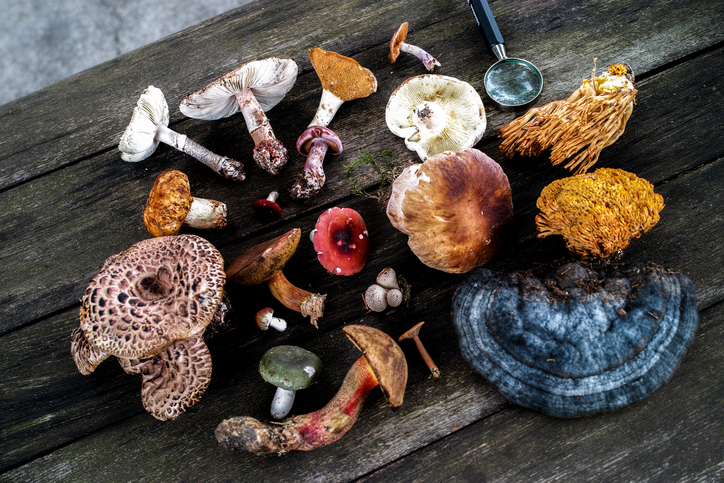
Medicinal mushrooms and their properties
There are many substances in medicinal mushrooms, including minerals, amino acids and B vitamins. The variety of these ingredients is due to the fact that they are grown not only on land like vegetables or grains, but also in nature. The ingredients vary depending on the mushroom and its growing conditions. Each mushroom is unique, so each species has a different effect on our immune system.
The main active ingredients of medicinal mushrooms are polysaccharides and beta glucans. These are claimed to have positive effects on the immune system. The variety of these substances, depending on the species, can be so great that it forms an entire alphabet soup (beta-1-6-glucan, betagenan ect.). These constituents give each mushroom its specific texture and shape.
Antibiotics from nature and other fungi
The realization that medicinal mushrooms have been used for centuries by our ancestors to treat all kinds of diseases still does not seem to have reached us. This is very strange, because the medicines we use today have their origin in these fungi. One example is penicillin, which was isolated from a fungus once used to heal wounds caused by poisonous arrows. Another drug used to treat cholesterol comes from oyster mushrooms. In addition, many chemotherapy drugs come from fungi that grow on yew trees.
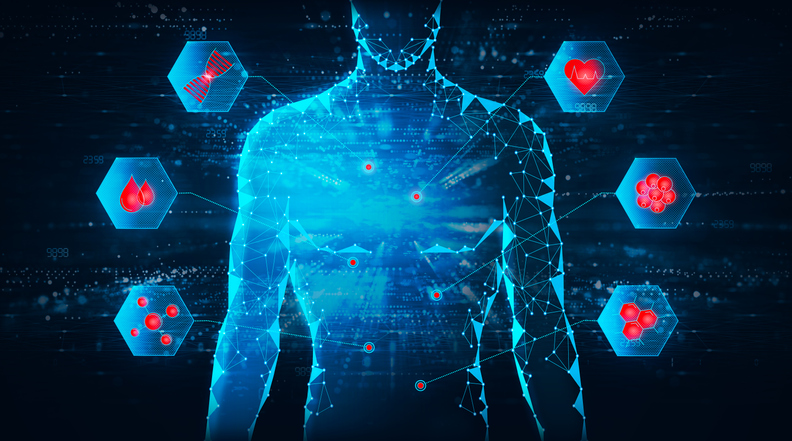
Chinese tea; Mushroom tea
Nowadays, more and more people are looking for all kinds of medicinal mushrooms to heal their bodies. These mushrooms can be nibbled, mixed in tea or even added to food. Although research has not proven all the "folk tales" about the impact of medicinal mushrooms on people's health, many people swear by these mushrooms.
It is also a great way to explore the sensory experience of drinking mushrooms, and experiencing their medicinal benefits. The mild tea made from mushrooms not only tastes good, but also makes you feel relaxed and fulfilled.
Ways to extract medicinal mushrooms
To extract the medicinal compounds of mushrooms, there are several ways to choose from. The two main extraction methods are hot water extraction or alcohol. A combination of both can also be performed, but this is usually done when only partial preservation of each type of active ingredient is needed.
From various articles, the most common ways to extract medicinal mushrooms and their typical uses are listed here.
Hot water extraction of medicinal mushrooms
In hot water extraction, raw mushrooms are boiled in hot water for about 10 minutes to get 100% purification. This process yields high concentrations of polysaccharides but a lower concentration of triterpenes that are poorly soluble in water. Crude polysaccharide extracts contain about 30% polysaccharides where further purification is possible by preparative chromatography or gel filtration.
Ethanol extraction of medicinal mushrooms
There are a few ways to extract medicinal mushrooms. One of the most popular methods is ethanol extraction. Ethanol Extraction removes most polysaccharides and fewer triterpenes than some other methods, but thereby also increases the concentration of medicinally active compounds in the tincture.
What are polysaccharides?
A polysaccharide is a carbohydrate composed of more than one sugar unit. Examples of polysaccharides are starch and cellulose. A monosaccharide, on the other hand, is a single sugar unit, such as glucose or fructose.
The action of medicinal mushrooms is mainly determined by their polysaccharides, which are chains of sugar molecules. These polysaccharides contain essential amino acids, antioxidants and trace minerals such as zinc, molybdenum and manganese. They also contain vitamin A, C and B-complex groups, which are essential for human metabolism.
Polysaccharides are the most common form of simple saccharides. They consist mainly of one molecule and are fennel-derived sugars, that is, carbohydrates that can be absorbed as such by our bodies. Polysaccharides are very important for our health: they speed up healing processes in the body, strengthen our immune system, maintain organs and tissues and improve their functions.
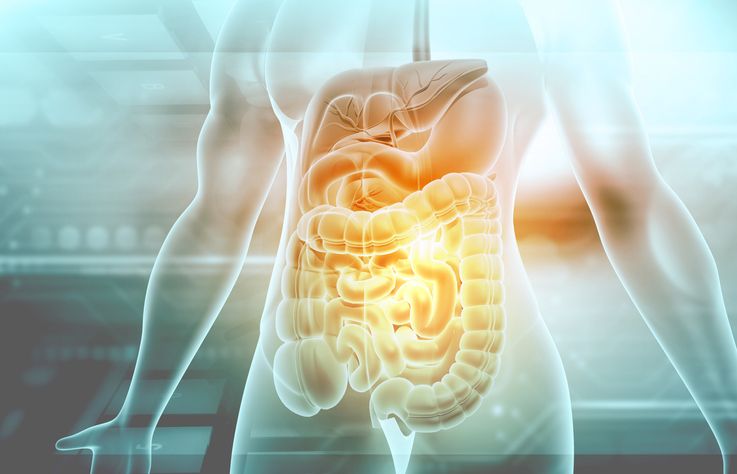
What are triterpenes?
Triterpenes are bioactive substances in plants and are part of the terpenes. Bioactive in this case means that they are produced by a plant as a natural pesticide or protection against infectious organisms such as fungi.
Triterpenes are a subgroup of terpenoids and a class of hydrocarbons. They contain 30 carbon atoms, hence the name -tri. Triterpenes are found in many naturally occurring substances, such as plant resins, vegetable oils and some animal fats.
Like many terpenes, they smell very strong. The name of the class comes from their carbon structure - three bonded rings in a chain, with another three double bonds surrounded by two hydrocarbon rings and a single hydrocarbon ring.
Triterpenes are a subclass of terpenes and are an important component of some medicinal mushrooms. Betulin or betulinic acid, for example, is an active triterpene in species of the mushroom Ganoderma lucidum.
Triterpenes are a natural acid, called a pentacyclic triterpenoid, that researchers consider a powerful antioxidant with antibacterial, antiviral and anti-inflammatory properties.
What are antioxidants?
Antioxidants are substances that inhibit oxidation, a natural metabolic process in which nutrients are "burned" by binding to oxygen. Antioxidants protect DNA and tissues from free radicals, which cause damage to all cells. Each antioxidant has its own specific action.
What are essential amino acids?
The human body needs 22 amino acids to produce proteins, which in turn are needed to make body cells. Humans are unable to make 8 of these amino acids, but they do need them. Medicinal mushrooms contain all the high-quality and essential amino acids.
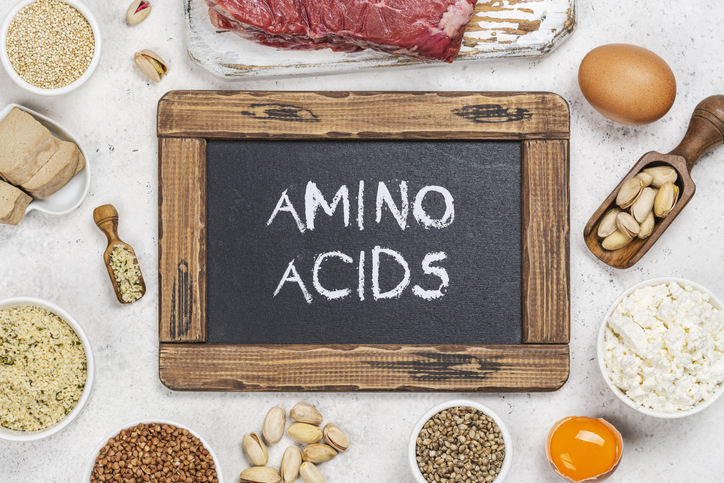
Different types of medicinal mushroom supplements
There are different extraction methods for producing medicinal mushroom supplements, as well as different types of medicinal mushrooms. Depending on which ingredient is extracted from the mushroom, there may be different health effects. The type that comes from the whole fruiting body of a mushroom will have more health benefits than if you only use the mycelium below the ground or just a fraction of it.
Medicinal mushrooms are found in the wild but can also be grown from natural sources such as brown rice or birch wood. Because medicinal mushrooms and their properties interact naturally with your body, people have begun to develop many ways to take them. Today, these mushrooms are often isolated from their whole form and offered in capsule, tablet or powder form.
Medicinal mushrooms are completely legal
Medicinal mushrooms are completely legal to sell as a food supplement in the Netherlands. They can also be sold as organic mushrooms. These are mushrooms grown specifically for medicinal use to which Geen additives, artificial agents or chemicals have been added.
This means you have nothing to fear, they can Geen harm. Medicinal mushrooms can indeed be taken as drinks, but it is also possible to use them in food and drinks.

Medicinal mushrooms in a row
Reishi
Reishi is a powerful medicinal mushroom with an unusual name. In the Netherlands, we call it the "stalked lacquer mushroom" because of its shiny appearance. In Japan it is called the "divine mushroom of immortality," and throughout history this mushroom has been used for both medicinal and healing purposes. Reishi has been shown to have antibacterial and antiviral effects, is rich in antioxidants, balances hormones and helps with heart problems. Some say Reishi is "spiritual food," food for the mind. It can be taken in powder, capsule and or tablet form.
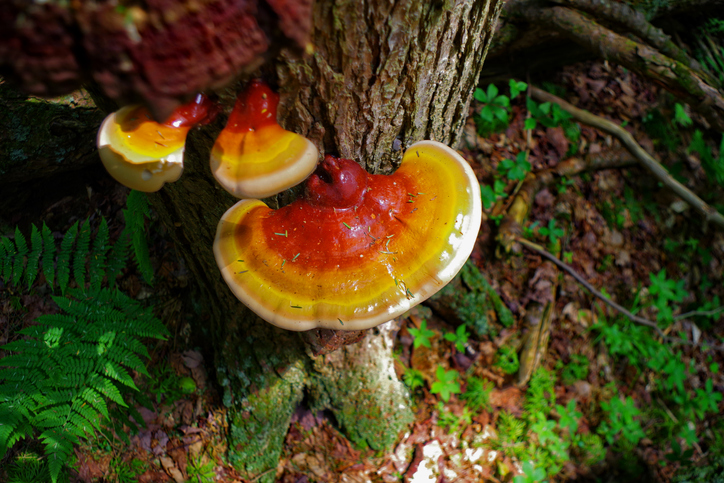
Lions mane
The Lion's Mane (Hericium Erinaceus), also called wig mushroom, is among the endangered mushroom species in the Netherlands. With its wig or long hairs (spines) hanging down, it is a beautiful mushroom to see. The mushroom species is found in North America, Europe and Asia and also falls under edible mushrooms. In China, for example, it is often used as a meat substitute. The fungus reportedly tastes like lobster, but it is also used in medicine. In Japan, the mushroom is used as a health enhancer and to support brain function. Nerve growth factor (NGF) is produced in your brain by Lions mane. Called neuropeptides (neurotransmitters), these substances maintain, produce and grow neurons in the brain.
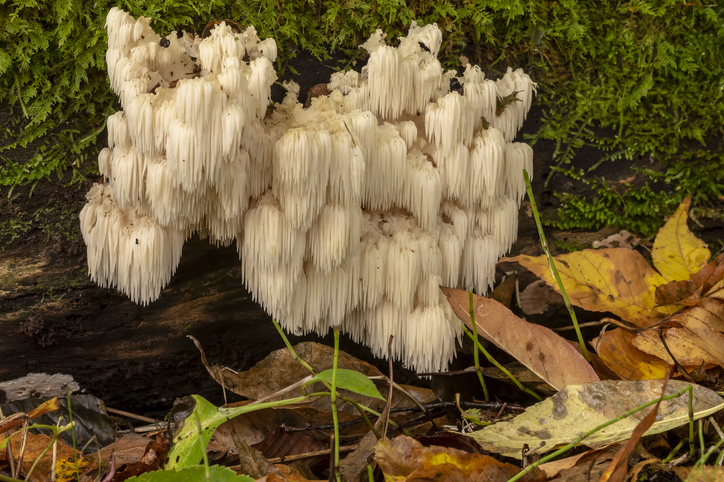
Chaga
The Black Chaga (Inonotus obliquus) is known in the Netherlands as the Birch weather fungus. The species grows on dying and diseased birch trees and is mainly found in Russia, Siberia, Korea, North America, Canada and northern Europe. Theoretically, Chaga can also be found in the Netherlands, although it is rarely spotted with us. It is known for its large number of antioxidants that could help fight tumors and makes it a plant antibiotic. Its ORAC (oxygen radical absorbance capacity) value is extremely high. In Russia, where the fungus got its Russian name, tea is drawn from dried chaga. It is rich in vitamin B, enzymes and minerals.
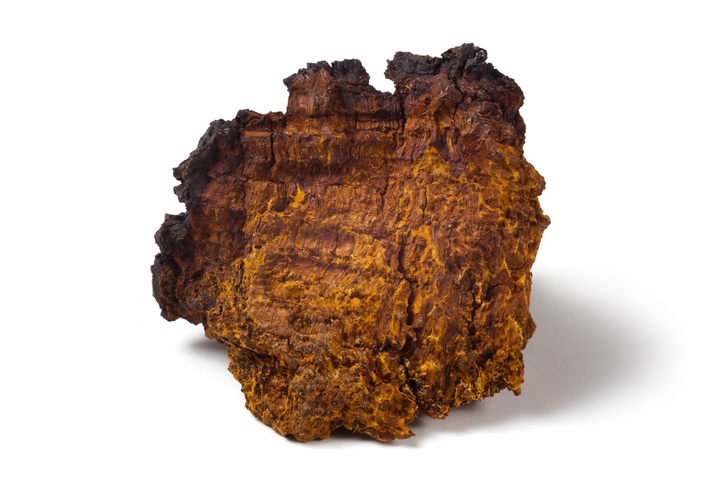
Shiitake
You have probably come across the Lentinula Edodes, or shiitake, in the supermarket or even eaten it. In fact, this mushroom belongs to the edible mushroom family and is considered a delicacy by many. But did you know that medicinal properties are attributed to this Japanese edible fungus? Among other things, the shiitake contains many polysaccharides (carbohydrates), minerals and vitamin B and vitamin C. The quality of the immune system is greatly improved by eating shiitake. Therefore, this mushroom is widely used in phytotherapy, herbal medicine.
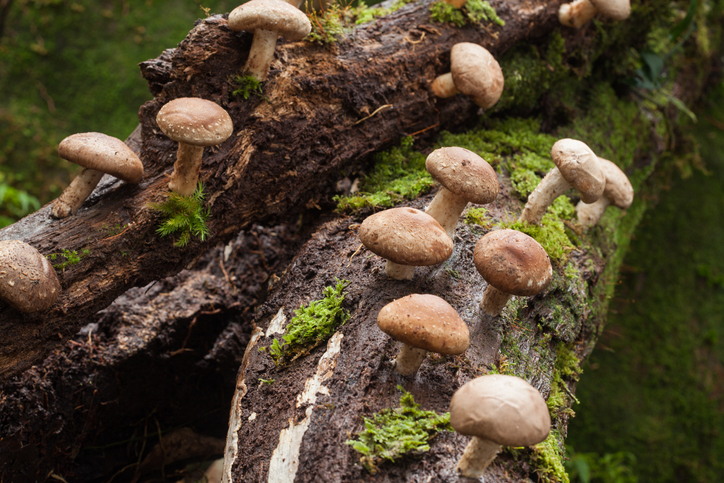
Cordyceps sinensis
Cordyceps sinensis is one of the most prized medicinal mushrooms in traditional Chinese medicine. The strange appearance and location of its growth are considered very good for health. It is used to strengthen immunity and prolong life. It is also used for melancholy, lack of appetite, diarrhea, cough, asthma and dream sweating.
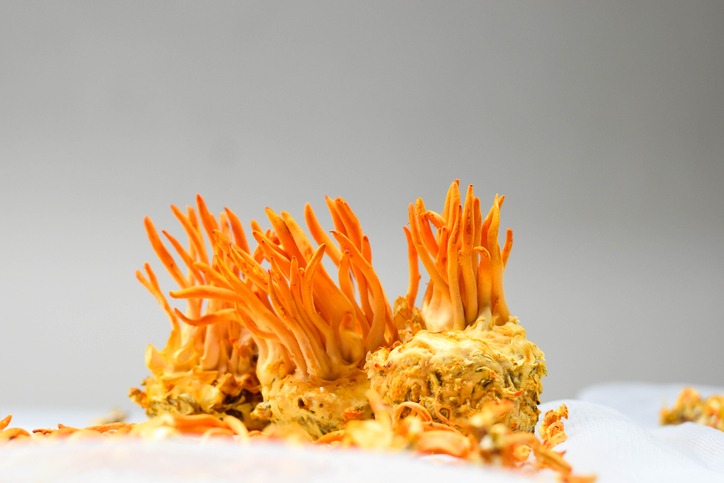
Maitake
The Maitake (Grifola Frondosa), also known as Oak Hare in the Netherlands, is found in northwestern Japan and is counted among the edible mushrooms. It is a popular type of fungus used to make delicious dishes. Maitake is eaten boiled, baked, roasted and even deep-fried. Medically, Maitake is very important because of its antiviral and anti-inflammatory properties.
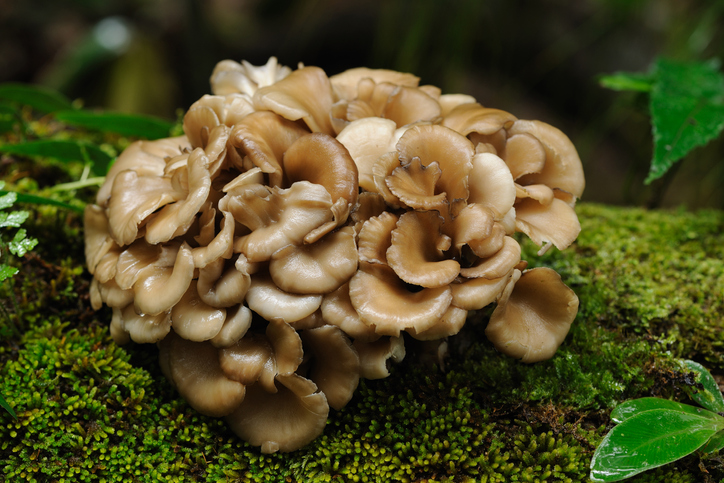
Agaricus blazei
The Agaricus blazei mushroom, also known as leaf hops mushroom also has remarkable antioxidant properties. The Agaricus blazei mushroom has been studied and researched to help fight many diseases and ailments, including cancer, hepatitis, diabetes, high blood pressure and even cardiovascular disease. The Agaricus blazei has been used in anti-aging skin care products and in hair growth products. In addition to its health benefits, the Agaricus blazei mushroom contains a high protein content, making it an excellent dietary supplement for vegetarians or vegans looking to increase their protein intake.
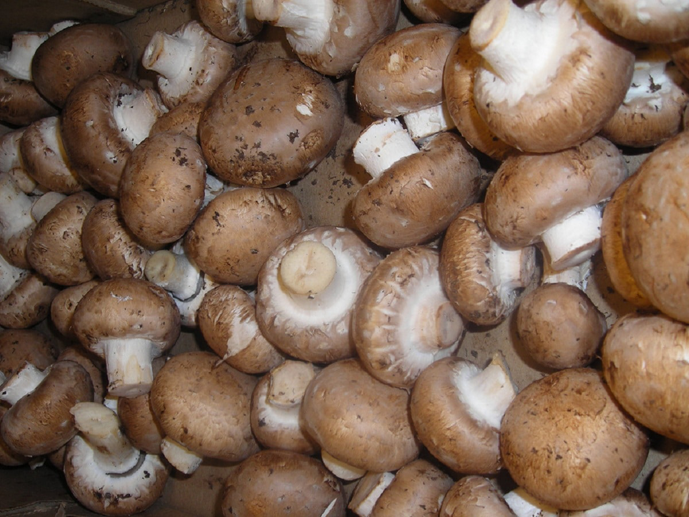
Auricularia auricula
Auricularia auricula is a popular edible mushroom in Asia. "Auricularia" means "ear," referring to its appearance, while "auricula" means earlobe. Judas ear is also a common name; this fungus grows on elder trees. The ancient Greeks used it to treat a number of conditions, from asthma to inflammation and ulcers. Modern scientific evidence shows that Judas ear is very rich in mucilage, which in herbal medicine is generally considered soothing to the mucous membranes of the throat and intestines. In addition, a number of polysaccharides, a type of carbohydrate, have been isolated, which have anti-inflammatory and anti-tumor activity. One of the polysaccharides also has a marked anticoagulant effect in the blood, similar to aspirin.
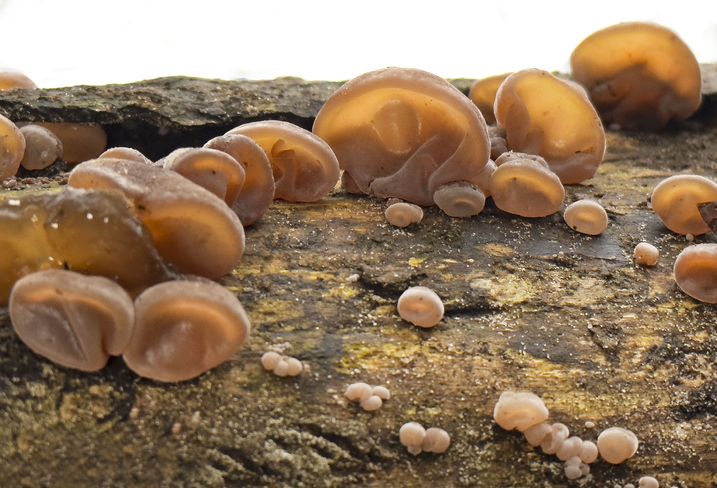
Coprinus comatus
Coprinus comatus is one of the most common of the hundred species of ink mushrooms (Coprinus) found in Belgium and the Netherlands. The scaly ink mushroom is a nematophagous (nematode-eating) fungus. It may help inhibit the growth of cancer cells and prevent the formation of new tumor colonies, so it can be extracted as an antitumor agent against breast cancer.
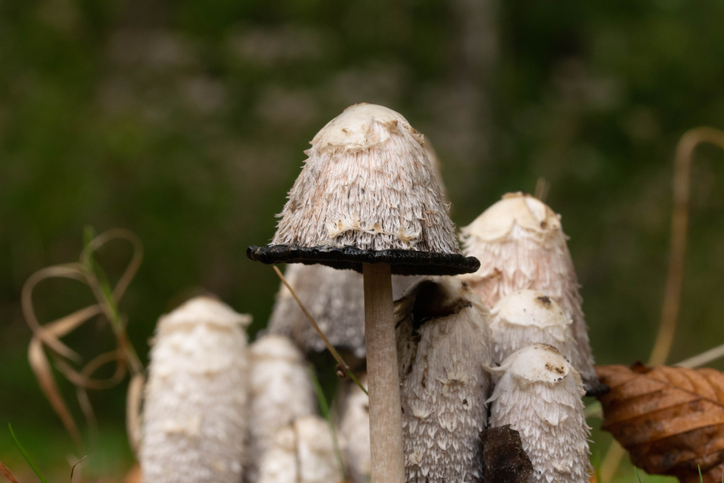
Coriolus versicolor
Coriolus versicolor, also known as Turkey Tail and or elfin tree, has long been used in Chinese and Japanese medicine. Today, it is the most commonly prescribed mushroom with medicinal properties and is sold by the pharmaceutical company Sankyo Pharmaceutical Company as the drug "Krestin." The active components of Coriolus are the polysaccharide K (PSK) and the protein-bound polysaccharide peptides (PSP). In particular, the compound PSK, which is widely recommended especially in Japan, has been studied extensively.
Pleurotus ostreatus
The Pleurotus ostreatus or oyster mushroom is a highly variable and luxurious mushroom. Its name comes from the Latin words "ostrea," meaning "oyster," and "Ostreatus" refers to the resemblance of its openings to the shell of an oyster. The oyster also has very important health benefits because it is rich in vitamin C, folic acid and B vitamins that can fight oxidative stress. It also contains pleuran, a polysaccharide that is currently the subject of scientific research.Oyster mushrooms are especially recommended for their health-supporting effects on bones, teeth, joints and blood.
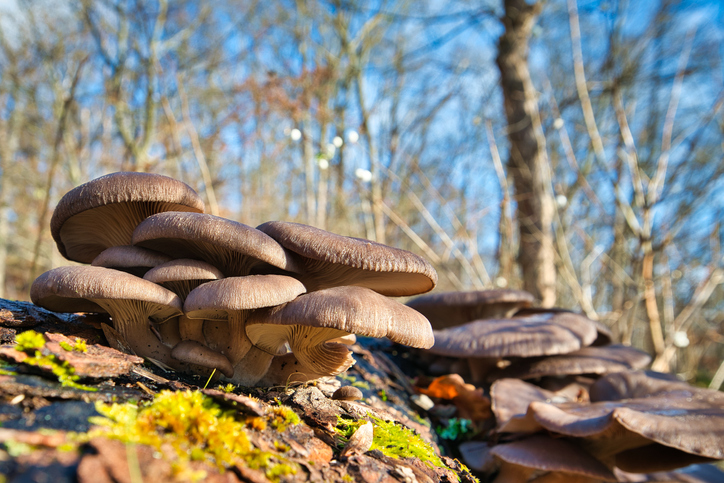
Polyporus umbellatus
The Polyporus umbellatus (Barnacle oak hare) mushroom is quite rare and grows on the roots of oaks and birches. As early as the Middle Ages, this mushroom was described as a diuretic* and was used to support diuretics* (especially thick ankles/legs). Because wild Polyporus is so rare and therefore so pricey, it was attractive to cultivate the mushroom. Mushrooms, like humans, produce vitamin D when exposed to sunlight. In fact, it is the only non-animal source that contains a significant amount of vitamin D.
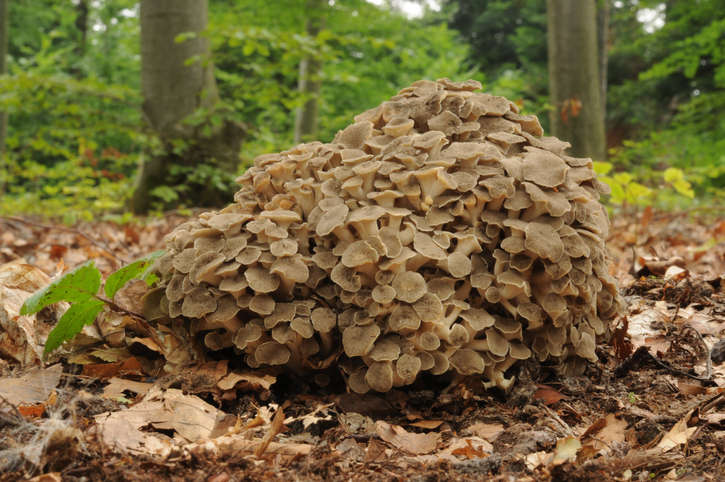
Enoki
The enoki or velvet leg is a cultivated enoki mushroom. Because these mushrooms are grown in the dark, they remain beautifully white. And because they are grown with extra CO2, they get the distinctive long, thin stalks. The wild version looks much more like a normal mushroom than enoki. The velvet leg -also called Enoki- is delicious and super healthy. This mushroom contains antioxidants and lowers cholesterol and blood pressure.
Tremella fuciformis
Tremella fuciformis is a medicinal mushroom used as a natural vitamin D source. It consists of a large number of small cells that are very similar to each other but differ only slightly in size. This small-celled organism looks almost transparent and a little slimy. It has Geen mushroom shape, but is a slimy white fungus with thin curly flaps. In traditional Chinese medicine, tremella is used as a liver protector. Furthermore, it is a medicine for colds and high blood pressure. Dry cough and dry skin are also treated with it. In Chinese medicine, the mushroom is used both fresh and in dried form.
